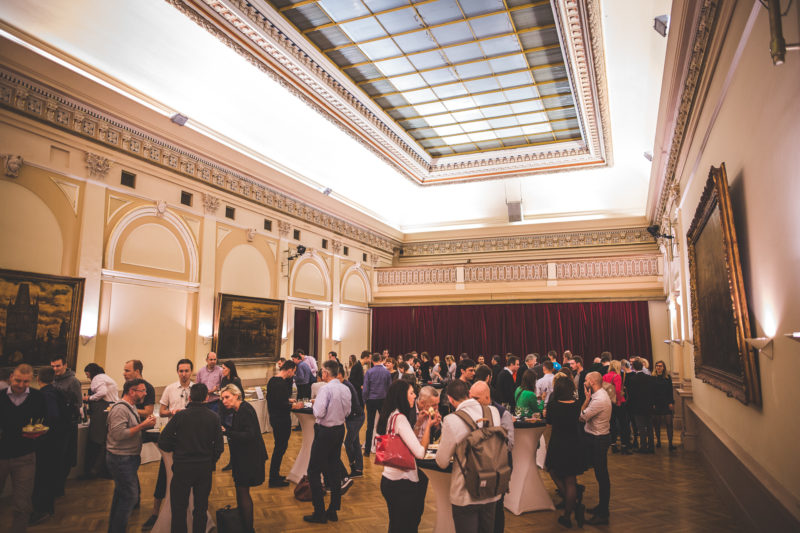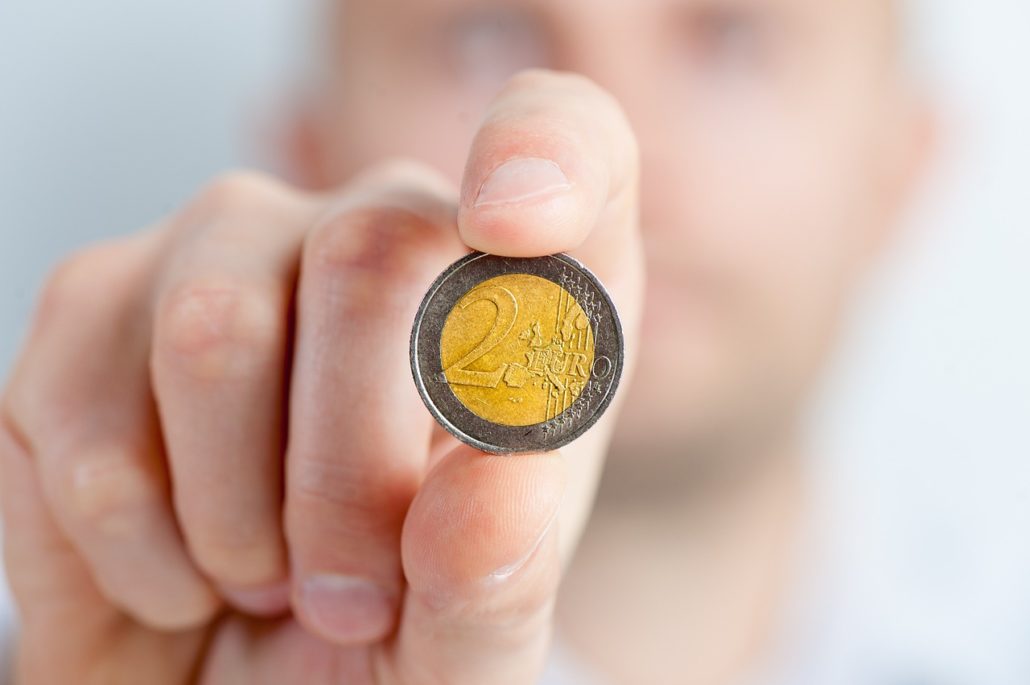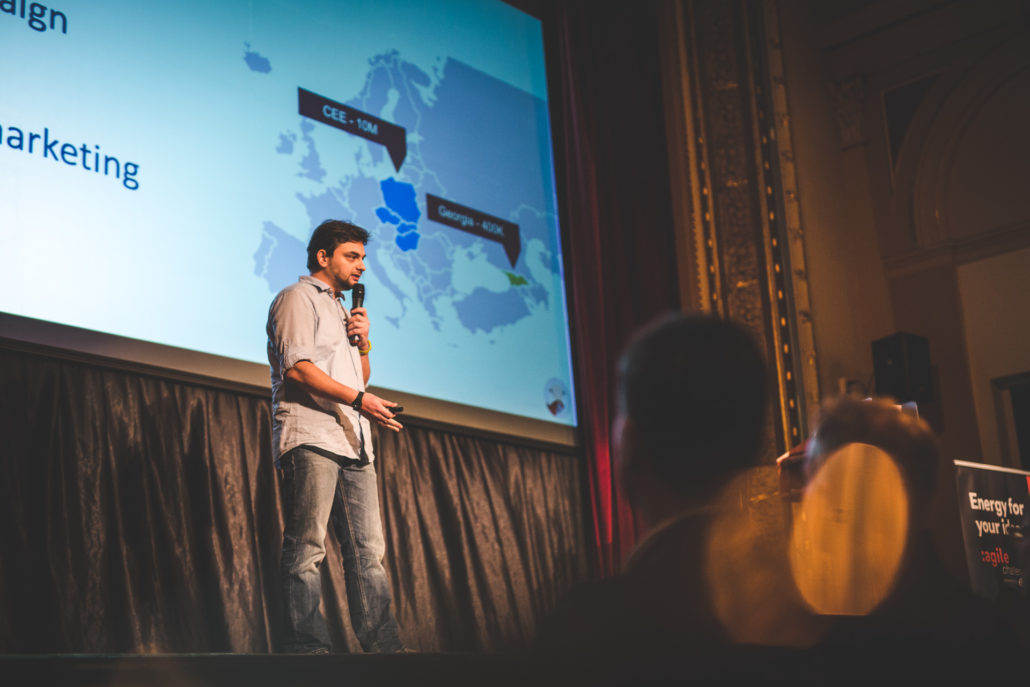10 StartupYard Companies Raised €2.2M in 2017
2017 was a good year at StartupYard. Not just financially , but also because we saw a number of our Alumni and recent graduates accomplish amazing things in the past year. Of course, 10 companies raising over €2 million total makes us very happy.
Still, the money is less important to us than what the money says, which is that these companies are doing good things that investors believe in, and that therefore we’ve done our job well.
10 Companies, €2.2 Million
More StartupYard alumni raised funding in 2017 than in any previous year. 10 Alumni and startups in the program raised funds in rounds worth between €35k and €750k. Many of these investments we’ve announced, but others have not been made public yet.
We’re also happy to report that there are additional deals in the pipeline, and we will hopefully be able to announce those very soon. We hope that 2018 will follow 2017 as another record year for fundraising.
How Does StartupYard Help Startups Fundraise?

The Network: Aside from the obvious, which is that we begin by investing in Startups that go through our program, every deal that one of our alumni have closed in the past year has been with the help of the StartupYard network.
Through mentoring, and especially Demo Day and the following Investor Week, our startups meet and get a chance to pitch a huge number of likely investors, including business angels, VCs, and even banks and large corporate investors. In every case in the past year, our startups have been able to raise money because of contacts made during the program. In most cases, the startups raised directly from StartupYard mentors or existing investors.
The Reputation: As with any long-running accelerator program with a decent track record, we have a smart group of investors who will pay close attention to any startup we work with. Being around for many years, and having made many right calls in the past, we are trusted by investors to offer clear, honest and helpful feedback about our alumni.
That doesn’t mean investors do whatever we say. But they do listen.
Our investor network know that we do not shop investments that we don’t believe in ourselves. Credibility in the investment community matters very much. You don’t always have to be right, but you have to be informed, open, and honest. I can safely say that every company I’ve worked with in the past 4 years at StartupYard that deserved an investment, got it. We find a way to make it happen.
The Program: Just as important as having the right network to do your initial fundraising, you have to be an investable company to begin with. One of the things we look for in startups we select is that they are usually almost investible, or we see that with some hard work, they will be investable sooner rather than later.
That naturally incurs a big risk for us, but it also helps define our mission- not to find “the best” most shiney startups out there, but to find the ones with the most real potential. One of the metrics we use to determine our success at picking “go over show,” is how well our startups do after our program at raising smart money (that is, from investors who know what they’re doing).
The Backup: Another quiet but important part of StartupYard’s role with alumni companies is to provide “backup” in negotiations with future investors.
Having an existing investor on your side of the table is an important practical and psychological advantage in investment negotiations. For one thing, an existing, experienced investor helps ensure that new investors behave themselves, and make fair offers on fair terms. Knowing an experienced partner is behind the startup encourages fair play and discourages game playing.
For another, StartupYard has the network and platform to expose bad actors, and to make sure our startups don’t deal with them in the first place. We have the power, in extreme circumstances, to block investments in our most recent alumni. This should be seen not as a blocker for investment, but as a negotiating advantage for startups, who can always fall back on us to block or negotiate terms that are unfavorable to the founder, on their behalf.
As we say, we can be “the bad guy,” with future investors when we are needed to be.
Listening to What an Investment Actually Says

Many founders who apply to StartupYard, and many who join us and go on to raise further investment, begin with some wrong conceptions of what raising investment is all about.
Of course, it’s the money they’re usually thinking about. But this is only part of the picture. If you need money, there are lots of places to look for it. Not all of those places are good, and not all of them are ultimately worth your effort or the risk you take in going there.
I used to joke with our founders that if you got into this business just to make money, you should just sell drugs instead. It’s almost true.
If there is good money and not so good money (clean or dirty, smart or dumb) how do you decide whom to take money from, or whom to ask for it?
Try approaching the question from the opposite tack: not “how do I get this money,” but instead: “what will it say if someone gives me this money?”
It should say that the investor believes in the upside potential of what you’re doing. Any investor in an early stage company should be nowhere near defining the real market value of the investment, because that value hasn’t been fully explored or proven yet.
The investment has to say what the investor can reasonably believe. Here are some things an early stage investment should say about what the investor believes:
- The company will be worth more in the future
- The founders are honorable and trustworthy
- The product is good and there is a market for it
- The founders will work hard, and pivot if necessary
- The founders will eventually sell or realize a profit
- Failure is possible, and ultimately acceptable
Maybe one or two of those points surprise you, but I hope not. We should not expect early investors to be total true-believers in what a startup is doing, but we should be able to answer all these questions before accepting an early investment from someone.
We should also not expect investors to be unemotional, or completely calculating in their early-stage investments. A true opportunist is a dangerous friend to have.
Picking the right investor is not just about sleeping well at night, though that’s part of it. It’s also about making sure that you actually have the clarity of vision and the confidence you will need to do what the investor believes you can do. Convincing someone of something is a lot harder than telling it to yourself.
One of the best ways to get someone to believe all the things I’ve mentioned is to really believe them yourself. The best way to believe those things is to make them true.
Make Yourself Investable

As we’ve seen, becoming an investable company is about more than having a great idea, or the energy and determination to make it happen. It’s also about the network you have, and the choices you make early on.
If you think you have a tech idea with great potential, consider working with an accelerator like StartupYard to grow your immediate network, and turn the idea into a business investors and customers can really trust.
Finding investors, just like finding any business partner, is about knowing what exactly you need, and what to reasonably expect. StartupYard helps you figure those things out.
StartupYard is currently accepting applications for Batch 9.
We’re looking for startup founders in Crypto, AI, IoT, and AR/VR!
Get started applying to StartupYard Batch 9. Applications close January 31st, 2018.




